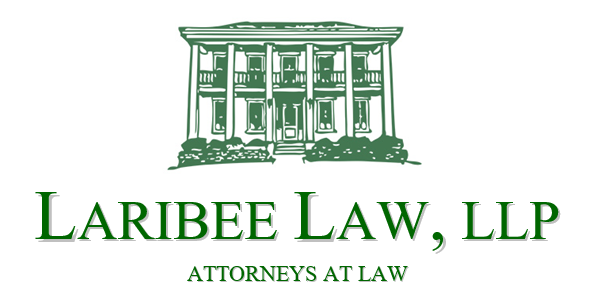An Agent’s Duties Under a Power of Attorney
Michael L. Laribee, Esq.
A financial power of attorney is an instrument that allows one person to act for another in financial matters.
The person making the document is called the principal. The person designated to act for the principal is called the agent. The document can give sweeping authority for the agent to act in all financial matters for the principal. Most often, it is used when the principal needs assistance in handling their everyday financial affairs like paying bills or handling their banking matters due to mental or physical incapacities.
This creates a special legal relationship between the principal and the agent. Since the principal is often vulnerable, it is important for the agent to act with the utmost care and loyalty. Not only will this protect the principal’s financial interests, but it will protect the agent against claims they have acted carelessly, recklessly, or with a selfish motive.
The Ohio Revised Code provides some general guidelines that agents must follow when they are taking action through a power of attorney.
(1) Do what the principal reasonably expects the agent to do with the principal's property and to act in the principal's best interest.
(2) Always act in good faith.
(3) Do nothing beyond the authority granted in the document. Some powers of attorney limit the agent’s authority to certain transactions or specific time periods. Further, an agent’s power to act always terminates upon the principal’s death.
(4) Attempt to preserve the principal's estate plan if the agent knows the plan and preserving the plan is consistent with the principal's best interest.
(5) Disclose their identity as an agent whenever they act for the principal by printing the name of the principal and signing as agent. The agent should never forge the principal’s signature on documents.
(6) Act loyally for the principal's benefit.
(7) Avoid conflicts that would impair the agent’s ability to act in the principal's best interest.
(8) Act with care, competence, and diligence.
(9) Keep a record of all receipts, disbursements, and transactions made on behalf of the principal.
(10) Cooperate with any person that has authority to make health-care decisions for the principal.
Before an agent begins to take action on behalf of a principal, it is important for an agent to consult with a trusted attorney so the agent understands the document and the parameters of their powers. The attorneys of Laribee & Hertrick, LLP are here to assist you.
This article is intended to provide general information about the law. It is not intended to give legal advice. Readers are urged to seek advice from an attorney regarding their specific issues and rights.
Need a lawyer or have legal questions? Contact Attorneys in Medina, Ohio from Laribee & Hertrick, LLP.
Related law articles:
Financial Powers of Attorney: A Very Useful Tool


